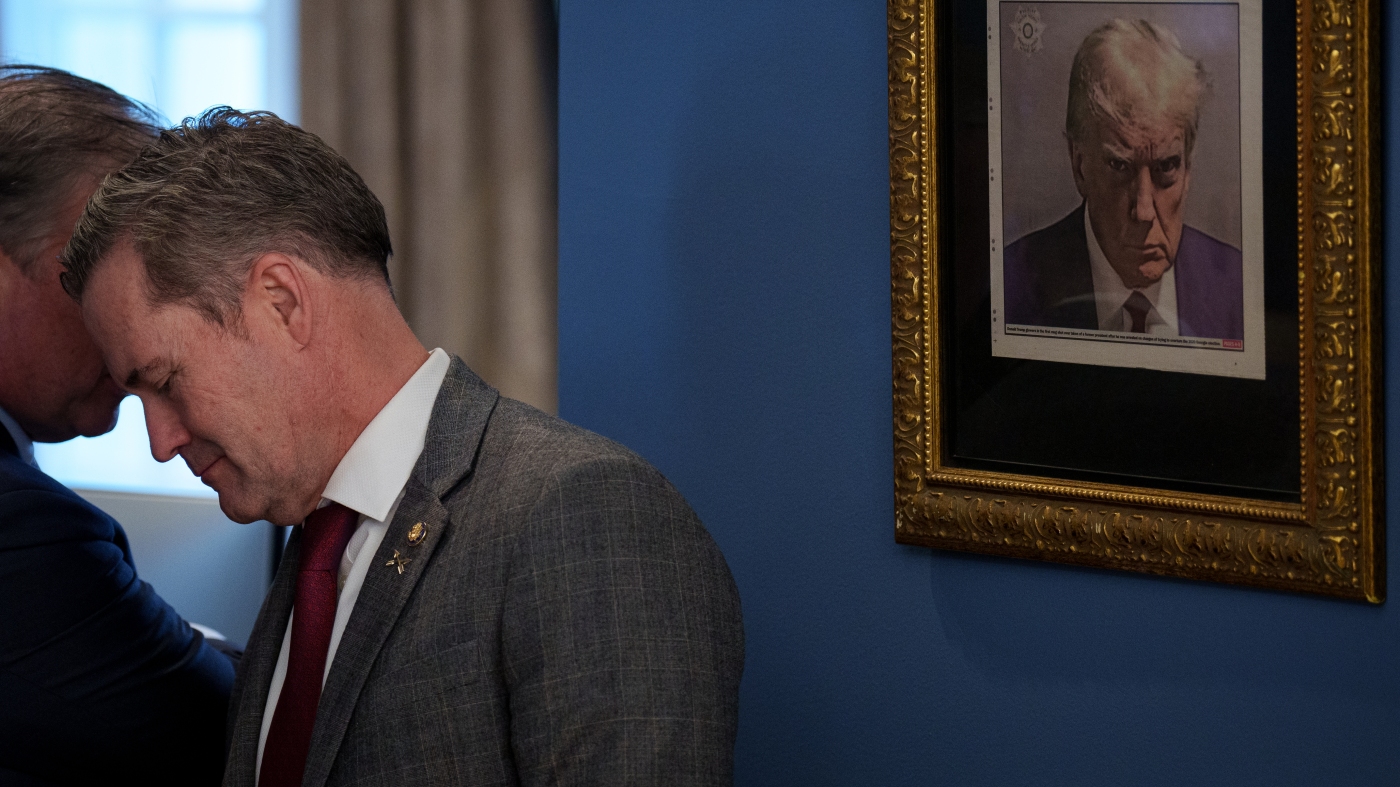The Departure of Michael Waltz: A Significant Shift in Trump’s National Security Team
Introduction
In the dynamic world of politics, change is the only constant. The recent departure of Michael Waltz from his position as National Security Adviser under President Donald Trump has sent ripples through the political sphere, signaling a notable shift in the administration’s second term. Coupled with the appointment of Marco Rubio as interim National Security Adviser, this move prompts a closer examination of the implications, the potential motivations behind the decision, and the future course of the national security apparatus under Trump’s leadership.
The Context of Waltz’s Departure
A Brief Tenure
Michael Waltz’s time as National Security Adviser was remarkably short-lived. Just weeks into his role, the announcement of his departure came as a surprise to many. This fleeting tenure echoes the brief and tumultuous period of Michael Flynn, Trump’s first National Security Adviser, whose time in office was cut short by controversy. The brevity of Waltz’s tenure raises eyebrows and questions about the stability and continuity within the national security team, suggesting potential underlying issues that warrant further investigation.
The Signal Chat Controversy
Central to Waltz’s departure was a significant controversy involving a Signal chat. The revelation that Waltz had included a journalist in a chat used to discuss military plans sparked immediate backlash and calls for his removal. This incident underscored serious concerns about security protocols and the handling of sensitive information, which are paramount in the role of a National Security Adviser. The fallout from this breach of protocol highlights the delicate nature of the position and the high stakes involved in maintaining national security.
The Implications of Waltz’s Departure
Leadership Transition
Waltz’s departure necessitates a swift and effective leadership transition within the national security team. Marco Rubio, stepping into the role of interim National Security Adviser, brings a unique blend of experiences and perspectives. However, his dual role as Secretary of State adds layers of complexity. Balancing the demands of both positions will be a significant challenge, requiring Rubio to demonstrate exceptional leadership and strategic acumen.
Potential Impact on Policy
The change in leadership could herald shifts in national security policies. Rubio’s background and political leanings may influence the administration’s approach to global security challenges and domestic security measures. It is crucial to observe how these changes unfold and their potential impact on the administration’s strategic priorities and foreign policy initiatives.
The Future of the National Security Team
The Role of Marco Rubio
Marco Rubio’s appointment as interim National Security Adviser is a calculated move that capitalizes on his existing role as Secretary of State. This dual responsibility could foster enhanced coordination between the State Department and the National Security Council, potentially leading to more integrated and cohesive foreign policy initiatives. However, managing the increased workload and ensuring that neither role is compromised will be a formidable task for Rubio.
Potential Long-Term Appointments
The interim nature of Rubio’s appointment suggests that a permanent replacement for Waltz may be on the horizon. The administration will need to carefully vet candidates who can provide stability and continuity amidst ongoing global security threats. The selection process will be pivotal in shaping the future direction of the national security apparatus and its ability to respond effectively to emerging challenges.
A New Chapter in National Security
The departure of Michael Waltz and the appointment of Marco Rubio as interim National Security Adviser mark a pivotal moment in Trump’s second term. This transition, driven by controversy and strategic realignment, sets the stage for potential shifts in policy and leadership dynamics. As the administration navigates these changes, the focus will be on ensuring stability, security, and effective governance in the face of evolving global challenges. The coming months will be critical in determining the future of the national security team and its impact on both domestic and international affairs. The world watches closely as this new chapter unfolds, awaiting the outcomes that will shape the future of national security under Trump’s leadership.

